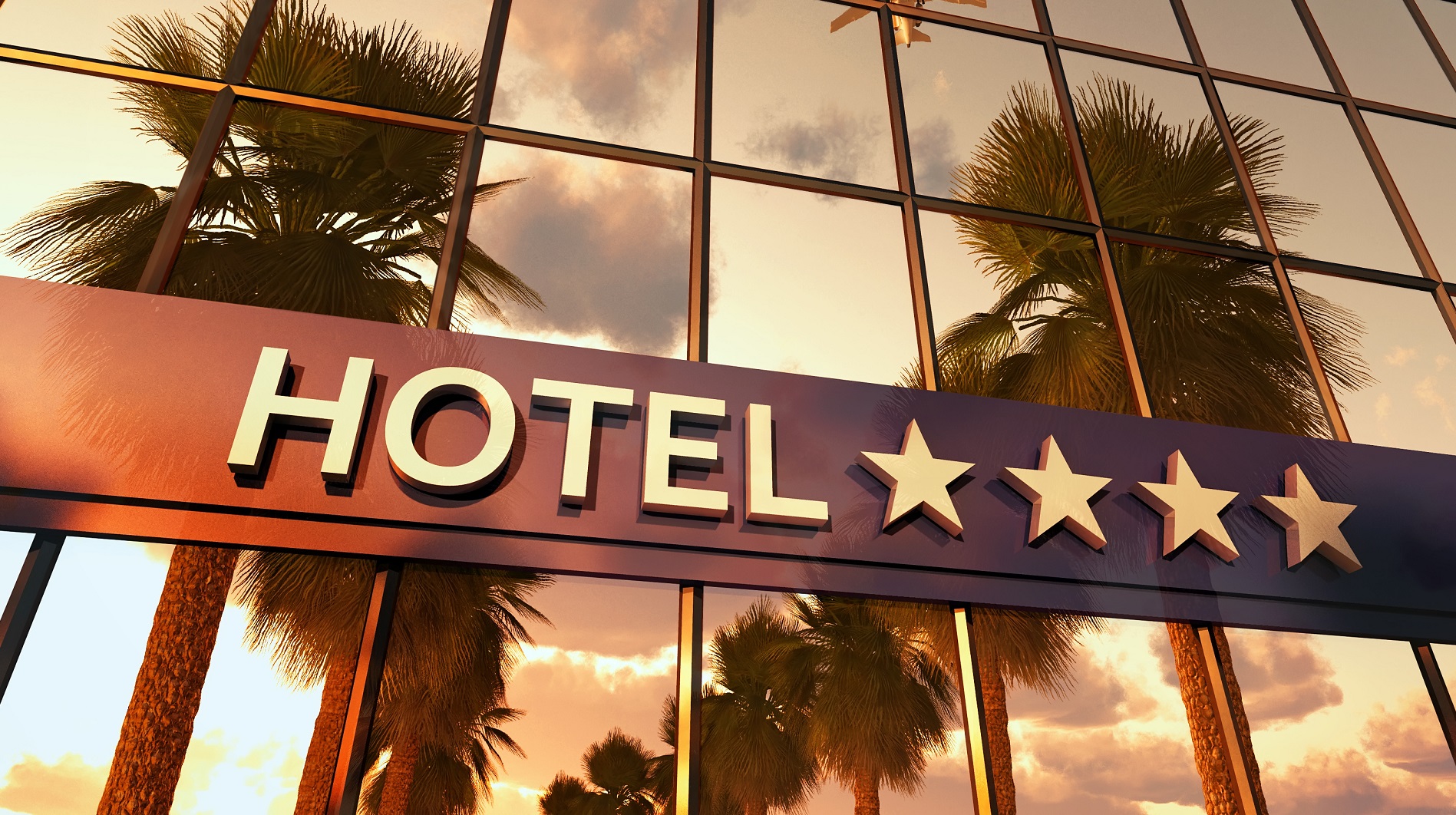
Hoteliers are exposed to many risks when it comes to insuring their business. There are multiple considerations, including employees, buildings, and technology, that can represent significant exposures if not managed properly, and protected by the right combination of various hotel insurance coverages.
Recently, I sat down with Byron Dowdy, CEO of Milestone Development to discuss some of the challenges he has experienced as the owner and operator of 3 flagship hotels: a Fairfield Inn and Suites by Marriott, Homewood Suites by Hilton, and Holiday Inn Express and Suites by IHG.
I have served as Byron’s insurance advisor for 11 years and we have worked through improving operations and several major events together. Some of the things he has experienced are common and some not so common. Our conversation below should provide you with practical tips for how you can minimize your hotel’s exposures while also reducing some of your hotel insurance costs.
KG: What value do you feel an insurance advisor can add?
BD: If you stay with a certain insurance carrier that doesn’t continuously look for opportunities to reduce your hotel insurance costs for you, your premiums will continue to increase. It is also not in the best interest of an insurance company to control your cost. I found that I was paying more and more in premiums for our hotels each year. However, it was also very burdensome to reintroduce myself and our business to hotel insurance carriers once we were ready to shop around.
Working with an insurance and risk management advisor helped take that weight off my shoulders. I have a business to run, and having someone who could compare and vet different carriers to represent my best interest and find the right coverage for us was extremely helpful.
We had separate policies for each of our three hotels, which was quite expensive. As a solution, Hilb recommended putting all the hotels under one deductible. Instead of having $10 million in coverage for each hotel, we changed it so that all three were under a single $10 million umbrella policy. It is a significant cost reduction in premium.
This approach might not be right for every hotel owner, but it is certainly an option to explore. This is the type of creative thinking and value that I would expect from a seasoned insurance broker.
KG: Can you tell me about an incident when you felt having the right type of hotel insurance coverage for your hotel was critical to stay in business? And what was that coverage?
BD: A bus accidentally ran into the side of my Holiday Inn Express and took out several rooms and floors. This is not an incident that happens all the time, but it’s enough to happen even once to put your hotel out-of-business if you don’t have sufficient hotel insurance to keep your operation running.
Our Business Income policy ensured that while our business as usual was interrupted, we did not lose our business income during that time.
Even though it happened on a Saturday, I made one phone call to Hilb, and we had engineers, builders, the town of Christiansburg, and the fire marshal there in no time. Immediately, we found a way to keep our hotel open. It was the rooms above the damaged area that had to be shut down, which meant the quarter of the hotel had to be closed.
If the entire hotel had to be shut down, it would have been an enormous financial loss in new business. We typically run at 70% occupancy, so you can imagine how many people we would have had to turn away. It’s not only that we were able to avoid major financial worries, but we were also able to preserve our reputation by keeping the hotel open.
KG: Can you please tell me an example of a more common incident that recently happened to your hotel? What type of hotel insurance coverage was necessary to cover your loss?
BD: Yes, our pipes froze and burst on the 4th floor last winter. That was also an Act of God claim worth of $31,000. Other buildings in the area also experienced damage. Getting laborers in was tough because everyone was so busy. But we still managed to re-open within 48 hours.
Again, having Business Income coverage made a difference because it kicked in and paid what we would have normally made while we were temporarily closed. It also covered the property damage. Our Business Income coverage also had a zero-waiting period, versus the 72 hours of a typical policy; so, I recommend any hotel owners to work with a savvy insurance broker to get you the right coverage terms, because when your operation is halted, every hour counts.
KG: When we first started working together, you had a lot of big Workers’ Comp claims, which increased your experience modifier to 1.7, and in turn drove up your WC premium. Can you speak to what might have helped decrease the frequency and severity of Workers’ Compensation claims that could be helpful for other hotel owners too?
BD: We implemented different hiring and safety programs you recommended, and our modifier dropped from 1.7 to 0.7. We were paying $20,000 a year for Workers’ Compensation – the benefits and compensation we are obligated to pay our employees in the event of a work-related injury or illness. It’s dropped down to $4,000-5,000 a year. That’s a drop in the bucket in comparison, which is a big cost reduction.
We took several steps to decrease our Workers’ Compensation costs. It wasn’t a magical elixir, we looked at the industry to see what worked for us, including:
- Better talent vetting for housekeeping and implementing a 90-day best fit policy for new employees;
- Providing additional safety best practices training, in addition to the fire drills and emergency trainings that franchises already offer;
- Implementing drug testing;
- Improving our hotel employee onboarding processes;
- An annual review of our Human Resources manual and new addendums every year that all staff are required to review;
- And after accidents, we complete follow up incident reports and involved staff are required to submit to drug testing.
Our family has been in this business for a long time. We are trying to transition from a family business to a corporate environment. With these changes we are now running a more professional organization.
KG: When you look at all the different hotel insurance coverages you have, which do you think are most critical?
BD: It’s important to ensure that your property is covered in case of a total disaster:
- Business Income is critical because you never know when something is going to happen that could impact your revenue.
- Workers’ Compensation is typically one of the most expensive policies for hotels with lot of employees, and it can get out of hand if you have many injuries on the job.
- Our commercial General Liability coverage also has an important technology addendum. This type of policy provides protection against exposures in operations, premises, products, and completed operations. The addendum protects some of the tech products we have in the hotel, such as the locks on the room doors, which can now be opened with a cell phone.
- Cybersecurity coverage is also critical, especially with the increasing reliance on technology to create exceptional experiences for customers. We’re piloting Hilton’s Connected Room, which personalizes the customer’s room. They can set their alarms, when to open the shades, when to dim the lights, and select all their favorite TV programs to show up when they turn on the TV. They’re providing that personal information to the hotel and there’s some concern there to ensure data privacy and prevent cyber-attacks. Customers are also bringing additional devices into their rooms that expand our cyber risks. The more devices our customers have the more cyber savvy we must be with our cyber defenses, as well as protect our hotel with proper Cyber coverage.
I hope this blog post provided you with practical tips to address some key concerns hoteliers often face. If you have any additional questions about Hilb Group’s insurance for hotels or to learn about creative ways we can use to help better protect you while minimizing your various hotel insurance costs, please contact Keith Ghaphery at kghaphery@hilbgroup.com.
